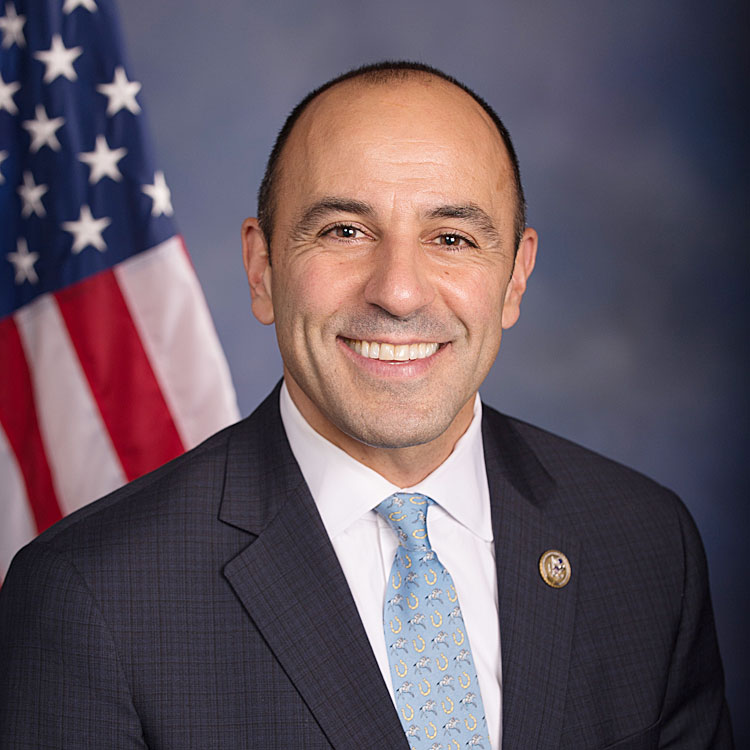On June 4, Rep. Jimmy Panetta (D-Carmel Valley) co-introduced the Coronavirus County Relief and Stability Act to address the lack of COVID-19 relief funding for small and midsize counties. This bipartisan legislation is co-introduced by Representatives Paul Cook (R-Apple Valley), Salud Carbajal (D-Santa Barbara) and Doug LaMalfa (R-Richvale).
The legislation would ensure that every county, regardless of size, receives funds to support critical services that have been impacted by the COVID-19 pandemic, including public health departments, first responders, and agencies that care for our seniors. Specifically, every county would receive $1 million, with additional funds distributed based on population.
Previous legislation provided direct assistance only to larger counties with populations greater than 500,000 – leaving 42 counties in California without vital federal support during this crisis. Panetta and his colleagues recently sent a letter to House and Senate leadership requesting that any additional COVID-19 aid packages include direct assistance to these counties.
“The government’s response to the COVID-19 pandemic has been federally funded, state-mandated, and locally executed. Although Congress has passed significant coronavirus funding relief bills, many counties, like ours on the Central Coast, need more to continue to deliver public health and other critical services to communities,” said Panetta. “This bill is a bipartisan solution.”
Cook said, “Unfortunately, our small and midsize counties haven’t received the aid they need to effectively combat the effects of the COVID-19 public health emergency. All our counties, regardless of size, are expected to provide the same critical services and follow the same protocols that larger counties are implementing to slow the spread of coronavirus. However, the vast majority of counties in California have been forced to do so without direct federal assistance. This legislation will ensure that both large counties like San Bernardino and smaller counties like Inyo and Mono get the funding they need to address this public health crisis. I thank my colleagues for joining with me to introduce this bipartisan legislation.”
Carbajal said, “Communities across America are juggling the need to continue providing essential investments and services to keep residents safe and healthy with the reality of deep deficits resulting from the impact of COVID-19. The federal government has a responsibility to step in and assist local governments, which have found themselves on the edge of bankruptcy through no fault of their own. We’re in the midst of a global pandemic and there is no time for political gridlock. I’m glad to co-lead this bipartisan legislation to ensure counties have the federal support they need to continue providing for their residents.”
LaMalfa said, “In the North State, we were fortunate to have fewer confirmed COVID-19 cases than the rest of the country. However, rural counties run on tight budgets, and most were unprepared for the deficits they’d have this year. Despite Congress’s clear directive that the Coronavirus Relief Fund be used to assist local governments, several governors continue to withhold counties’ allotment, and, in California, further cutting rural counties withheld share in half and redistributing to urban areas. The Coronavirus County Relief and Stability Act takes a commonsense approach to providing direct assistance to all counties in the United States to address COVID-19 costs. In fact, in every single case in Northern California, this bill provides more funding than what was requested by the National Association of Counties. This is a responsible and even-handed proposal that will benefit all Americans.”
“We thank Congressman Panetta for his efforts to provide direct and flexible funding quickly through the Coronavirus County Relief and Stability Act,” said Carlos J. Palacios, County Administrative Officer for Santa Cruz County. “The COVID-19 pandemic has been devastating to public health, but also to the economy. The financial losses to local governments are double that of the Great Recession, which will have profound impacts on County services that our residents depend upon — now more than ever — for their health, safety and well-being.”

